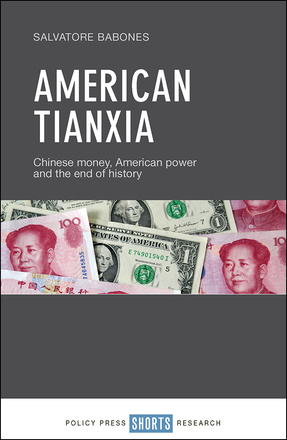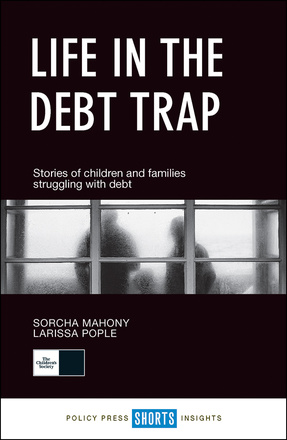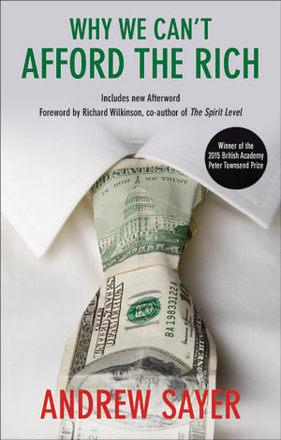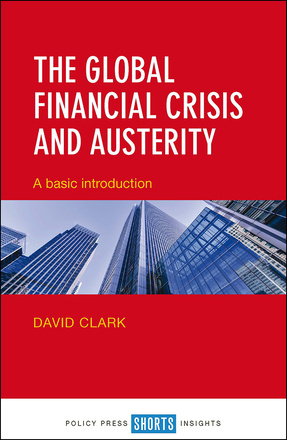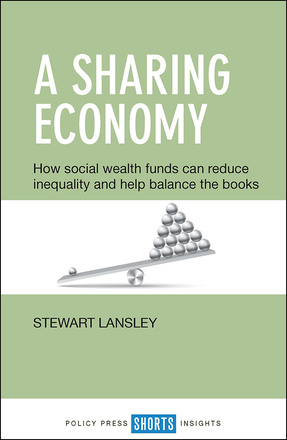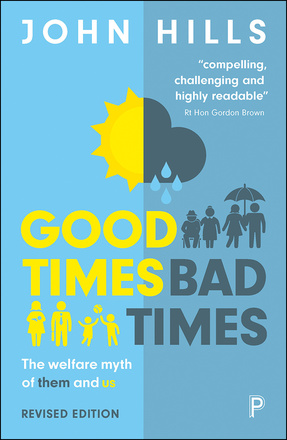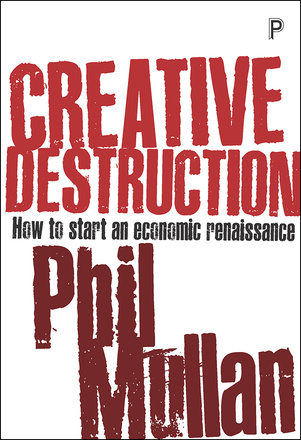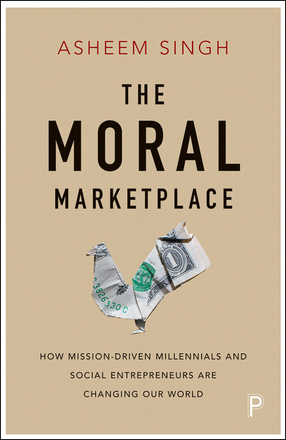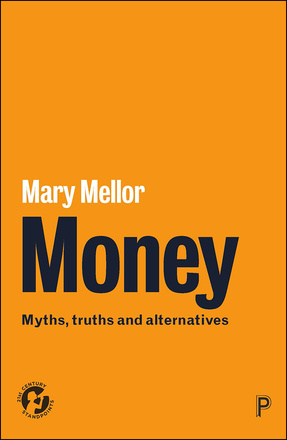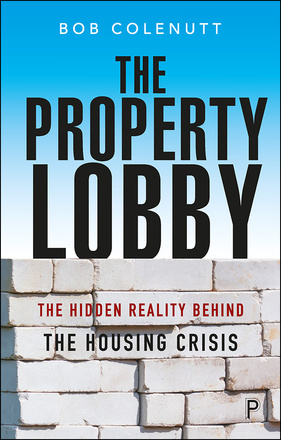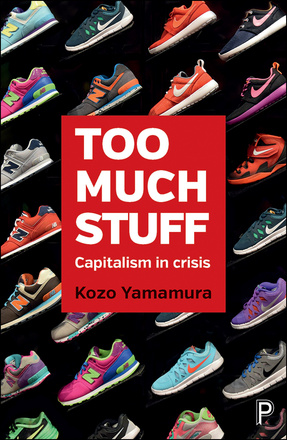Social economics
American Tianxia
Chinese Money, American Power and the End of History
After a meteoric rise, China's growth has come to a screeching halt. Salvatore Babones provides an up-to-date assessment of how China's economic problems are undermining its challenge to the Western-dominated world order. He tells how liberal individualism has become the leitmotif of American Tianxia.
Life in the Debt Trap
Stories of Children and Families Struggling with Debt
The first hand stories in this book, collected through The Children's Society's campaign The Debt Trap, offer a unique understanding of life for families and children fighting a daily battle against poverty and debt.
Why We Can't Afford the Rich
Why we can’t afford the rich exposes the unjust and dysfunctional mechanisms that allow the top 1% to siphon off wealth produced by others. With an updated Afterword, Andrew Sayer shows how the rich worldwide have increased their ability to hide their wealth, create indebtedness and expand their political influence.
The Global Financial Crisis and Austerity
A Basic Introduction
Written by an expert in political science and straddling finance, economics and political science, this entry-level summary demystifies global finance and puts the financial crisis in its historical context. It also outlines the policy responses of Western governments to the crash and the ensuing recession and turn to austerity.
A Sharing Economy
How Social Wealth Funds Can Reduce Inequality and Help Balance the Books
A Sharing Economy proposes radical new ways to close the UK’s growing income gap and spread social opportunities. A new social wealth fund would boost economic and social investment and simultaneously strengthen the public finances and offer a powerful antidote to austerity.
Sixteen for '16
A Progressive Agenda for a Better America
Sixteen for '16 offers a new agenda for the 2016 US election crafted around sixteen core principles from securing jobs to saving the Earth.
It is a manifesto which makes the argument for each of these positions, clearly, concisely, and supported by hard data. Its progressive agenda charts a realistic path toward a better tomorrow.
Good Times, Bad Times
The Welfare Myth of Them and Us
This revised edition uses extensive updated research and survey evidence to challenge the view of 'skivers versus strivers', showing how much our lives vary not just as we age, but from week-to-week and year-to-year.
Creative Destruction
How to Start an Economic Renaissance
A new technological revolution is needed, backed by political and cultural change to address Western economic stagnation. This means embracing the major disruption required to our companies and workforce to focus on embryonic technological sectors.
The Moral Marketplace
How Mission-Driven Millennials and Social Entrepreneurs Are Changing Our World
Author and activist Asheem Singh explores how a movement of tiny ventures evolved into a global humanitarian and financial juggernaut, revealing new ways to fight privilege and inequality, rewire philanthropy, government and even capitalism itself.
Money
Myths, Truths and Alternatives
Mary Mellor examines money’s social, political and commercial histories to debunk longstanding myths such as money being in short supply and needing to come from somewhere. She sets out a new finance system, based on green and feminist concerns, to bring radical change for social good.
The Property Lobby
The Hidden Reality behind the Housing Crisis
The complex and self-serving nexus behind the UK’s housing crisis is laid bare in this passionate book from Bob Colenutt. Investigating the network of landowners, house-builders, financial backers and politicians, he reveals how we have been forced to accept the cycle of low supply and high prices, and proposes solutions to the housing emergency.
Too Much Stuff
Capitalism in Crisis
We now enjoy the highest living standard in history yet spend more of our income on pointless luxury. Instead, we should tax more in order to invest much more in societal needs, which will in turn reinvigorate the economy and reduce economic inequality and environmental degradation.







